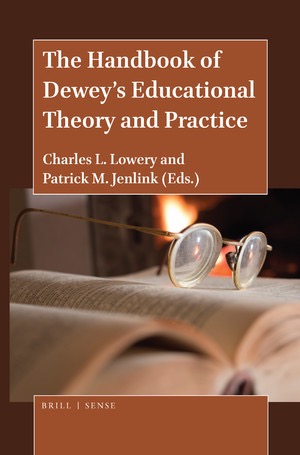educational practice
Select an item by clicking its checkbox
Reviewed by: Scott Gregory, Fort Hays State University
Date Reviewed: June 21, 2021
Date Reviewed: June 21, 2021
In the last twenty-five years there has been a great deal of scholarship about John Dewey’s work, as well as continued appraisal of his relevance for our time, especially in his contributions to pragmatism and progressivism in teaching, learning, and school learning. The Handbook of Dewey’s Educational Theory and Practice provides a comprehensive, accessible, richly theoretical yet practical guide to the educational theories, ideals, and pragmatic implications of ...
In the last twenty-five years there has been a great deal of scholarship about John Dewey’s work, as well as continued appraisal of his relevance for our time, especially in his contributions to pragmatism and progressivism in teaching, learning, and school learning. The Handbook of Dewey’s Educational Theory and Practice provides a comprehensive, accessible, richly theoretical yet practical guide to the educational theories, ideals, and pragmatic implications of the work of John Dewey, America’s preeminent philosopher of education. Edited by a multidisciplinary team with a wide range of perspectives and experience, this volume will serve as a state-of-the-art reference to the hugely consequential implications of Dewey’s work for education and schooling in the 21st century. Organized around a series of concentric circles ranging from the purposes of education to appropriate policies, principles of schooling at the organizational and administrative level, and pedagogical practice in Deweyan classrooms, the chapters will connect Dewey’s theoretical ideas to their pragmatic implications. (From the Publisher)
